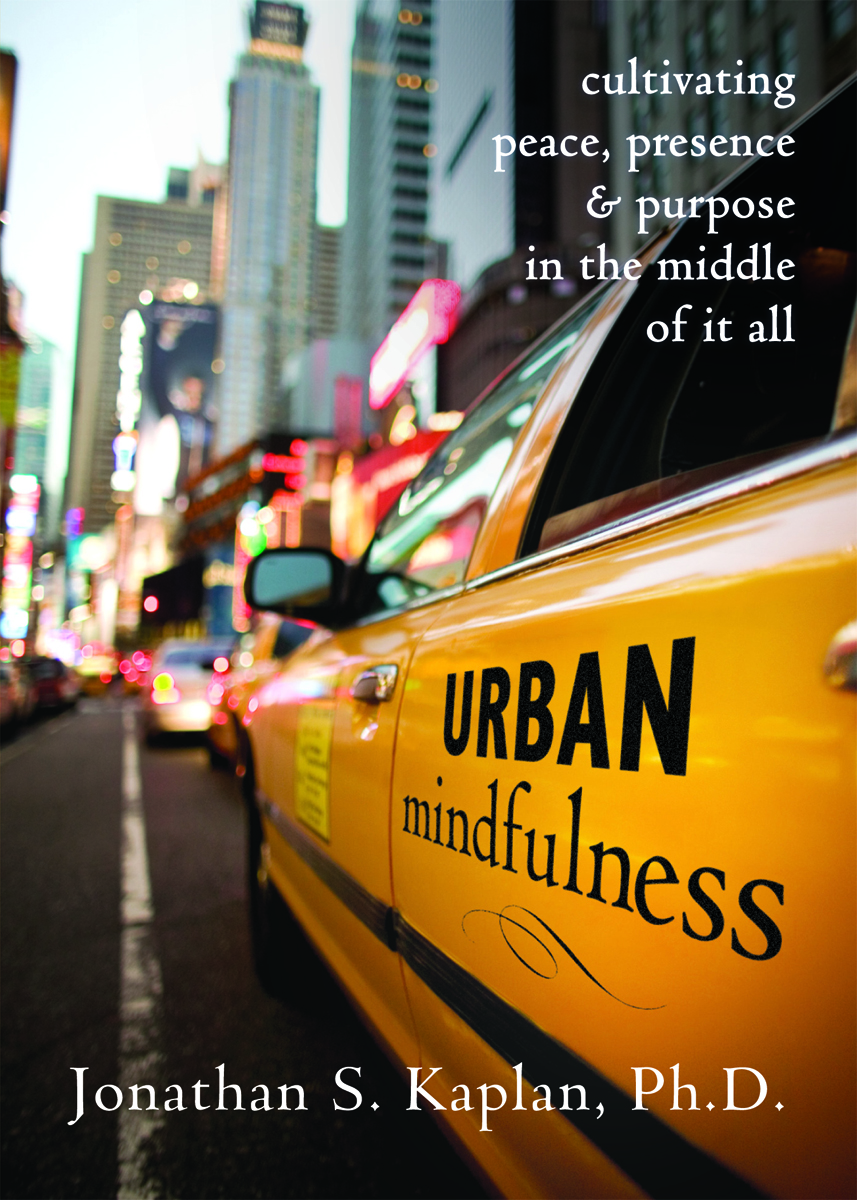Monday
Oct112010
To Move Mindfully, Get Out of the Way
 Monday, October 11, 2010 at 09:40PM
Monday, October 11, 2010 at 09:40PM  By Emily Polak, Ph.D.
By Emily Polak, Ph.D.I recently attended a 5 Rhythms class, a movement meditation practice in which one moves the body though dance in order to still the mind and connect to the spiritual. A friend recently discovered this practice and found it transformative, so I thought I’d give it a shot. After all, I enjoy dancing and am all for practices that quiet the constant chatter in my head.
I entered the room and was immediately impressed by the apparent lack of self-consciousness exhibited by the 25 or so people moving around the dance studio on a Sunday morning in the West Village. As someone who has always been inclined toward both self-awareness and self-consciousness, letting go of my inhibitions is a real challenge for me.
At first, I danced tentatively, mostly watching the men and women of all shapes and sizes moving in way that seemed, well, liberated. Living in a city where it is common for people look and behave in every way imaginable, one might think you’d get used to all the diversity and stop noticing it. Yet the people in motion in this room exuded a buoyant, carefree energy, an unusual occurrence in a city filled with too many stressors to count.
As the class went on, there were times when I was able to embrace the music and movement. But my ability to stay in that place was fleeting. I felt acutely aware of my desire to maintain the experience of flow with the music, to attain that joyful, lighthearted mindset of my dance counterparts. It was the desire to achieve that state that prevented me from allowing it to happen.
Can you think of any instances in your life where you get in your own way? If so, how might mindfulness help you to stop undermining yourself and your goals?
tagged  dancing,
dancing,  movement,
movement,  overthinking in
overthinking in  Letting Go
Letting Go
 dancing,
dancing,  movement,
movement,  overthinking in
overthinking in  Letting Go
Letting Go 




